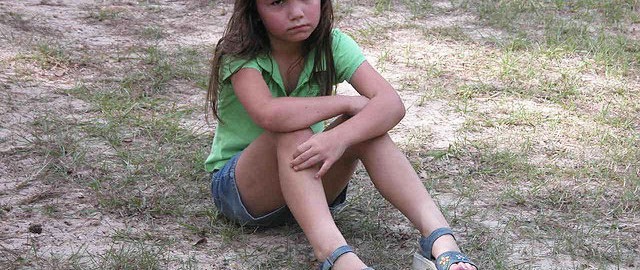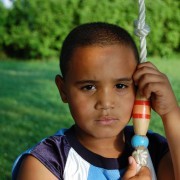Stress in Children
Stress is a part of our lives. We have positive stress – eg we have many things which must be completed today. The stress of that can give us the energy to not procrastinate, but to drive us to action, to complete the task. Negative stress can be when things happen which are out of our control, and we feel stuck or unable to deal with the effects.
We don’t like to think that our small children can experience stress, but they experience life as we do. A little stress, like having to wait for something is okay – it can teach them patience (eg to wait their turn) or to understand time and sequence (eg after the toys are away we’ll go outside), and that’s a good thing. Even the stress of seeing Mum and Dad angry once or twice (as long as there is no violence involved) is okay, particularly if they see that they make up and life continues as normal – this can help to show that conflict can be resolved. On-going major stress is not okay for children, and can cause later problems for that child in different ways. This article is about the daily stresses – which are different ones for everyone!
So what does stress look like in children?
- Crying – it’s actually good for them to let it out, so don’t stop them.
- Thumb sucking, looking down – comfort them and listen.
- Aggression or abusive words – acknowledge their feelings and redirect them to more acceptible language or behaviours.
- Showing off – this happens when there’s an audience, so prepare them in advance for lots of visitors or if you are going where there are many people.
- Mumbling or stuttering – allow them time to express themselves, and show genuine interest.
Emotion Coaching (as taught in the ‘123 Magic and Emotion Coaching’ course for parents) is very useful. You don’t always need to fix the problem, but we all desire to be heard! You do this by stating their emotions eg ‘I can see you’re really angry about this’ or ‘ You’re sad because you left your teddy at Grandmas house’ these statements validate the child and their emotions.
What may cause stress in children?
Note, that not all children experience stress because of these factors, and some children are more sensitive than others and so require different levels of support.
- Weather – windy and rain for several days where it’s harder to get outside;
- Noise – see if you can reduce the noise, turn the TV off, and speak quietly;
- Diet – different foods can stress children’s bodies and may affect their behaviour;
- Too many choices – generally 3 choices is enough eg ‘Are you going to wear the green shirt, the blue one or the stripe-y one?’
- Too many rules – streamline them and make them simple.
- Change-over times eg from playtime to bedtime, or when going to different houses – let them know in advance what is happening. Speak calmly to them;
- Too high expectations – this could be yours or theirs! Talk with them about ways to do things differently, if they don’t succeed the first time;
- Unexpected changes – explain the facts (simply) and what’s going to happen next. Talk about change as a normal part of life.
- Lots of children – if you have a large family or lots of visitors, make the time (even just for a minute or two) to connect with them individually and give them a warm hug or smile.
Children need our help when they are stressed, as they haven’t yet developed the emotional capacity to deal with disappointment, anger, sadness, frustration etc – we are their regulators. They need our gentle support. If you are also stressed due to a certain situation, then ask a grandparent or trusted friend to support you child.
Remember: Calm and consistent is the key!
Happy Parenting!
—
Image by Tammra McCauley via Flickr









